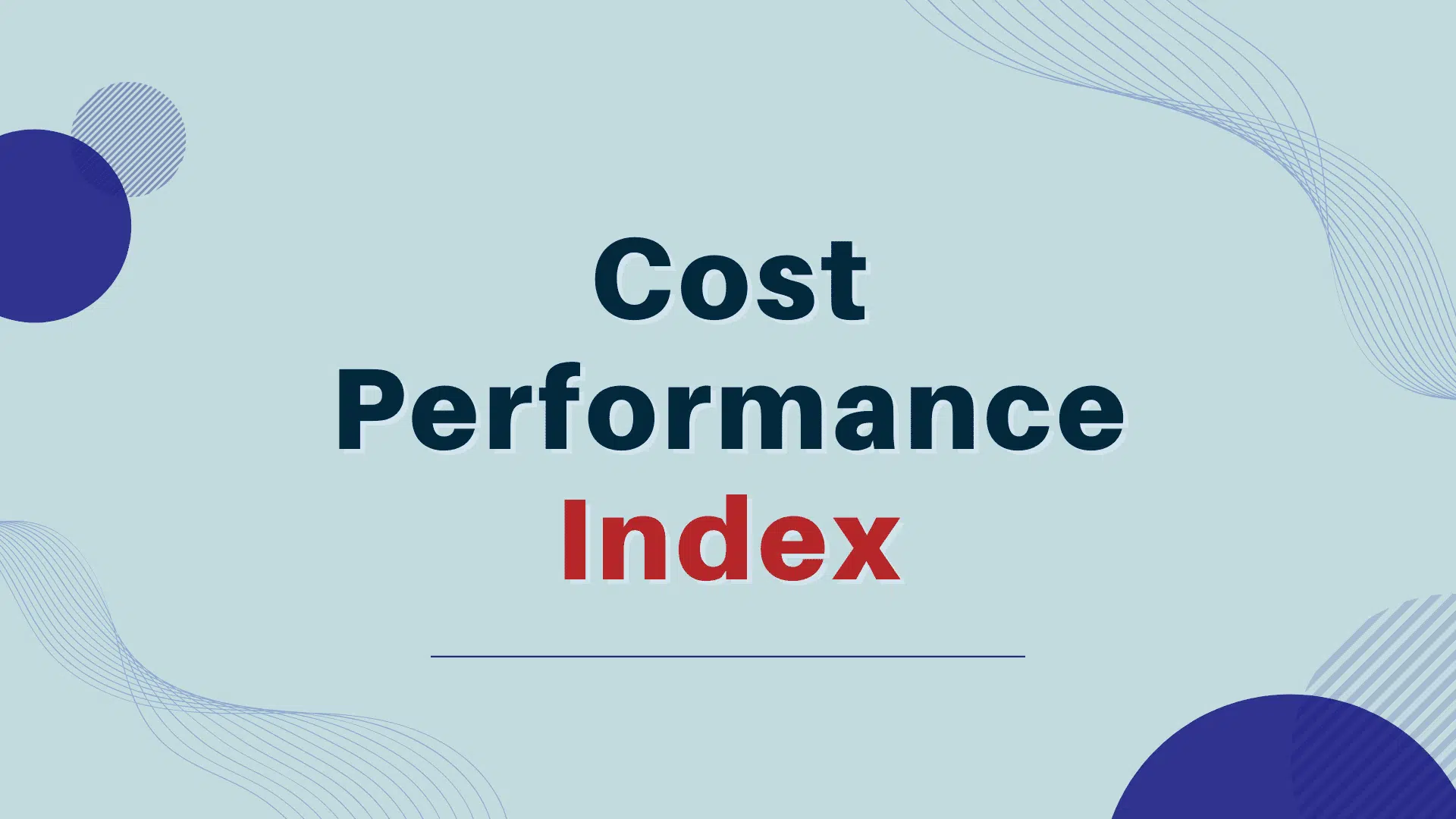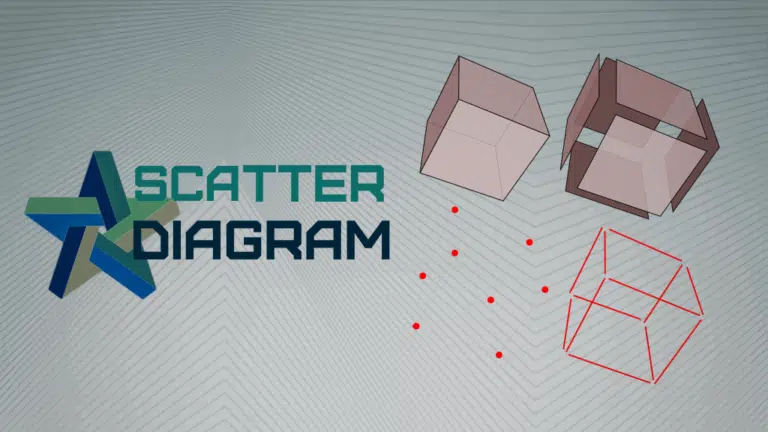Definition: Cost Performance Index (CPI) is the ratio of Earned Value and Actual Cost and provides cost efficiency of the project.
This term is popularized by the PMI, and as per the PMBOK Guide, “The Cost Performance Index (CPI) is a measure of the cost efficiency of budgeted resources, expressed as a ratio of earned value to actual cost.”
CPI is a part of earned value management analysis.
Cost Performance Index (CPI) Formula
The formula to calculate CPI is as follows
Cost Performance Index = Earned Value (EV) / Actual Cost (AC)
The earned value is the value of complete work.
The actual cost is the actual cost spent.
If the CPI exceeds one, you are under budget and performing well. A CPI value of less than one shows you are over budget and need corrective actions to bring the project on track. A CPI value of one shows you are on the budget.
Cost Performance Index Examples with Calculations
Example-1
For a project, the earned value is 10,000, and the actual cost is 11,000 USD. Calculate the cost performance index.
CPI = EV/AC
= 10,000/11,000
= 0.91
Since the CPI is less than one, the project is over budget.
Example-2
For a project, the earned value is 11,000, and the actual cost is 10,000 USD. Calculate the cost performance index.
CPI = EV/AC
= 11,000/10,000
= 1.1
Since the CPI is greater than one, you are under budget.
Summary
Cost Performance (CPI) shows whether the project is under or over budget. If the variance is beyond permissible limits in both cases, the project manager can investigate the root cause of the deviation and take necessary actions to improve the cost performance.
This formula and calculation are important from a PMP exam point of view. You may receive a few questions for cost performance index calculation in the PMP exam.

I am Mohammad Fahad Usmani, B.E. PMP, PMI-RMP. I have been blogging on project management topics since 2011. To date, thousands of professionals have passed the PMP exam using my resources.






